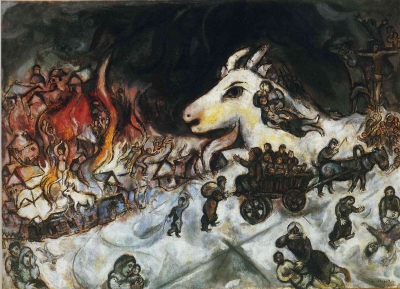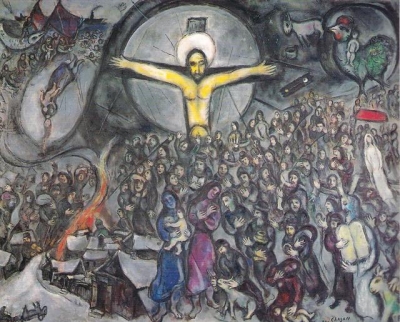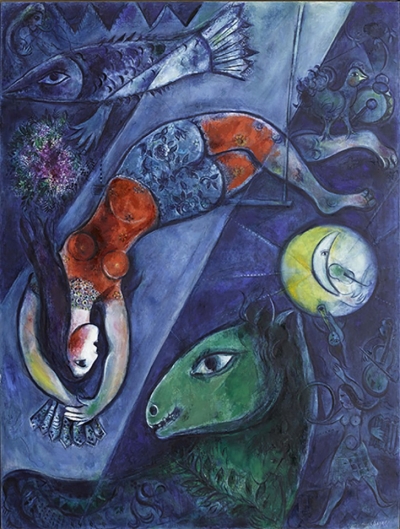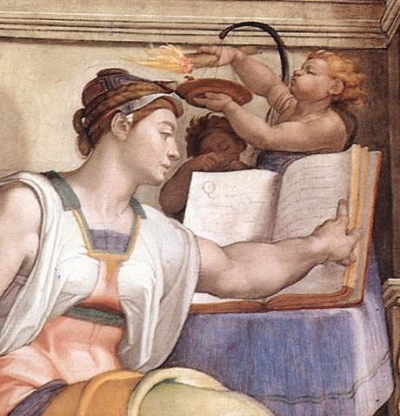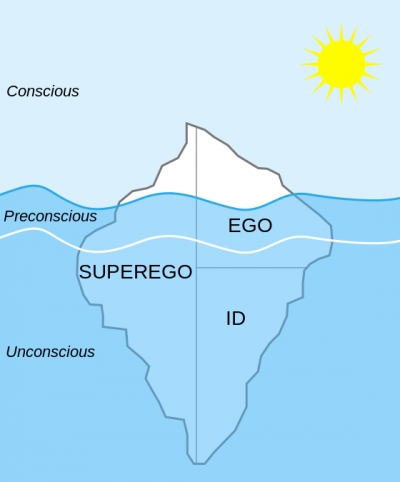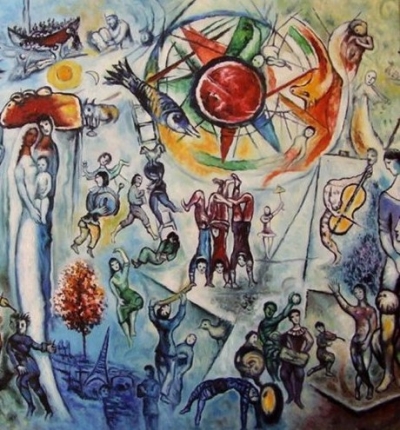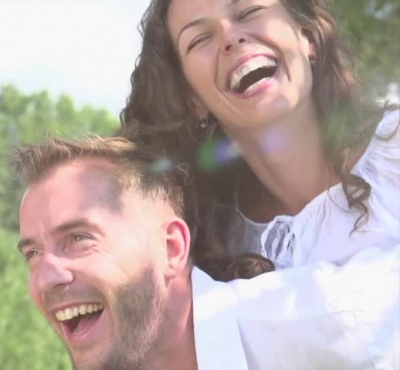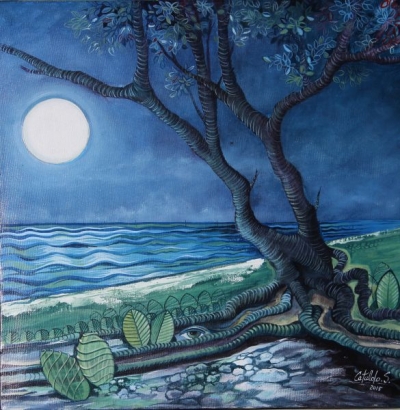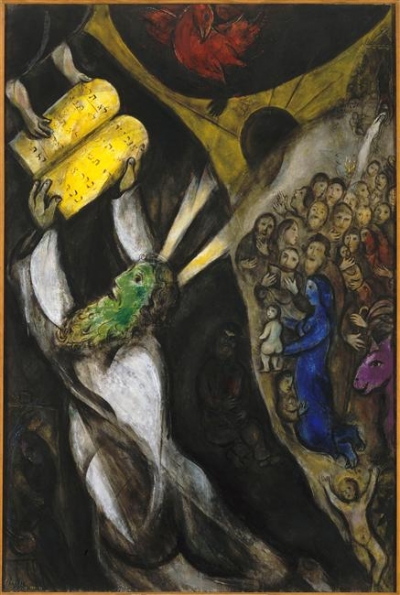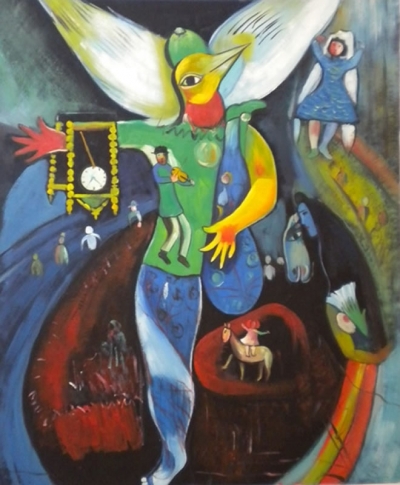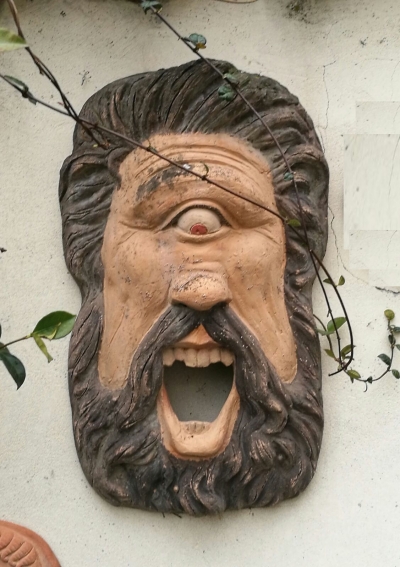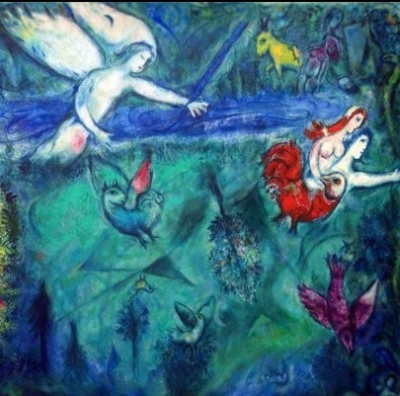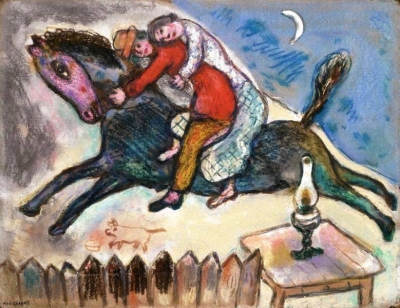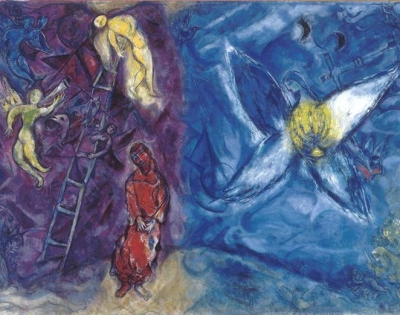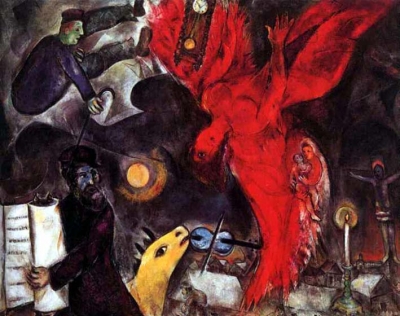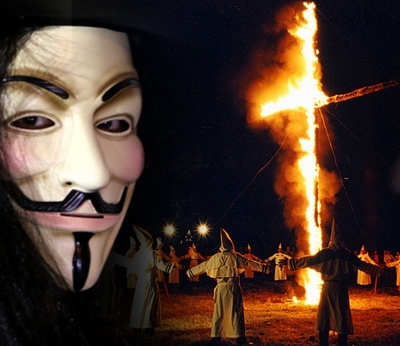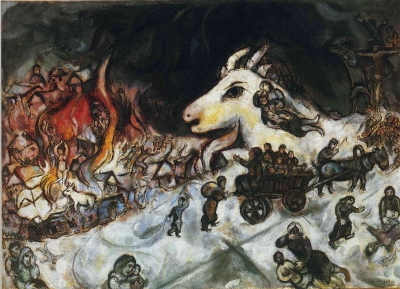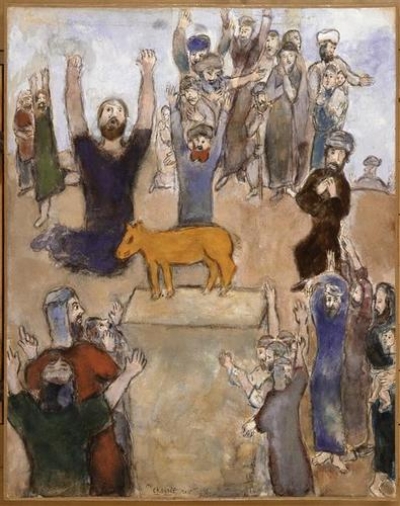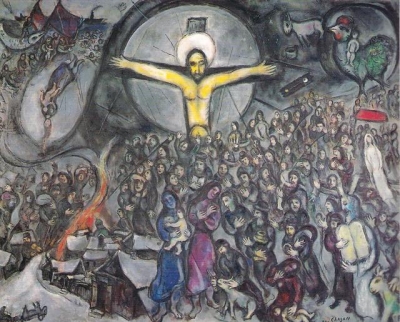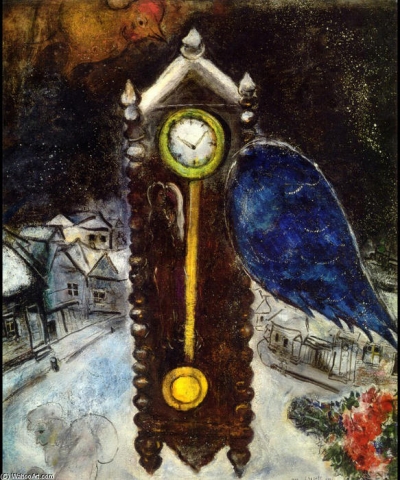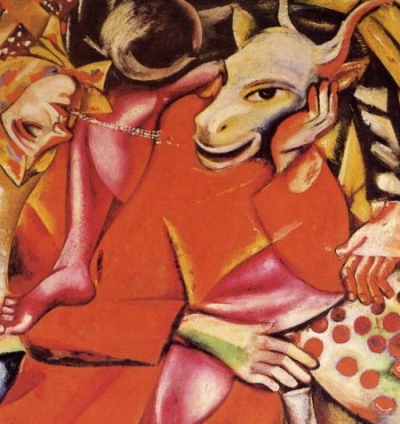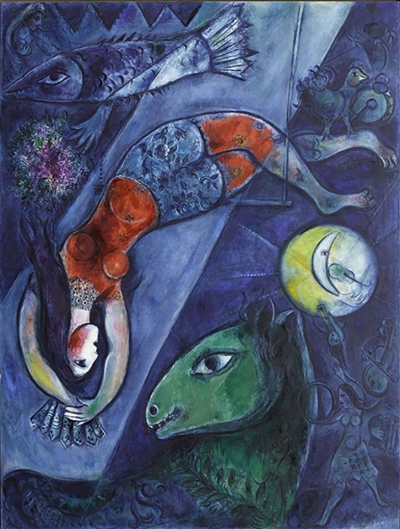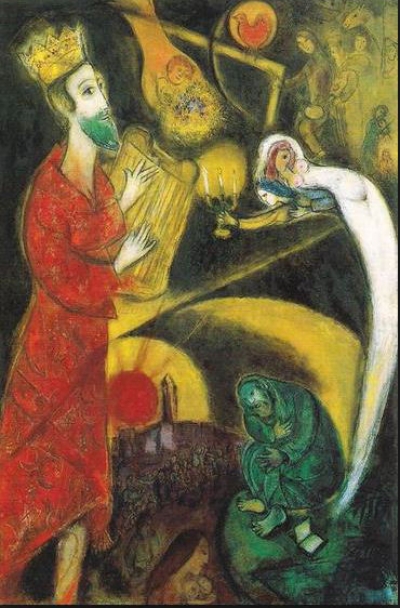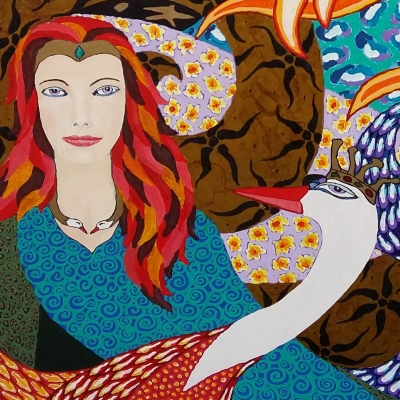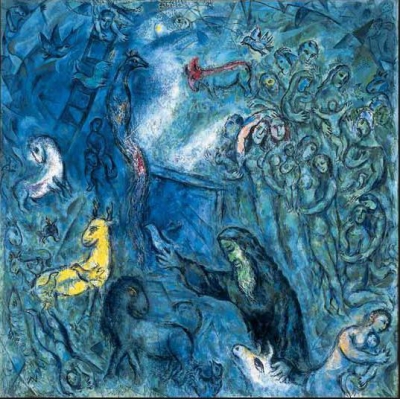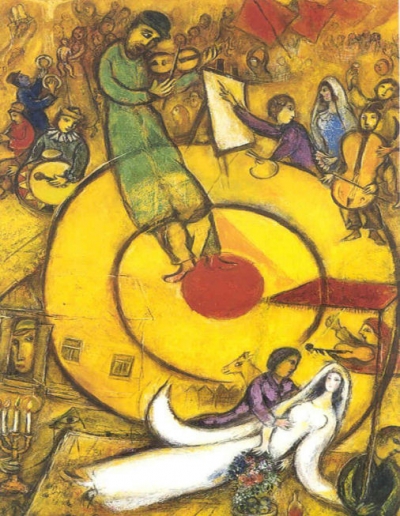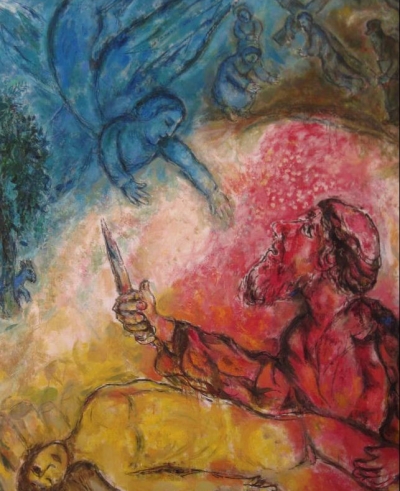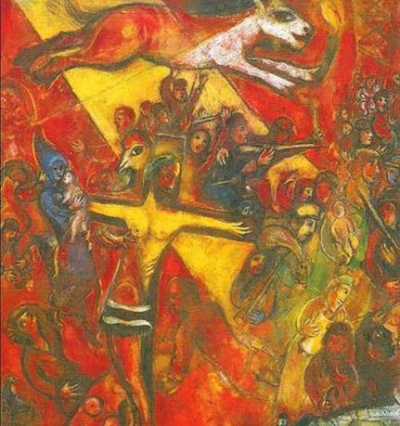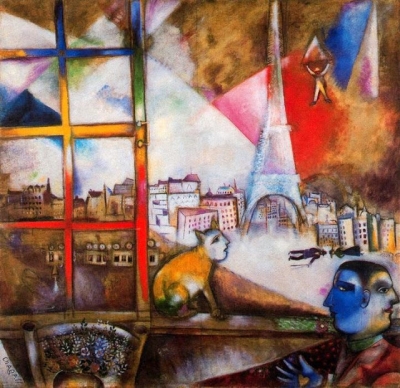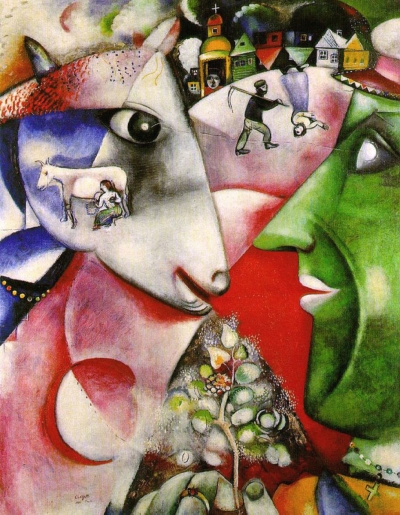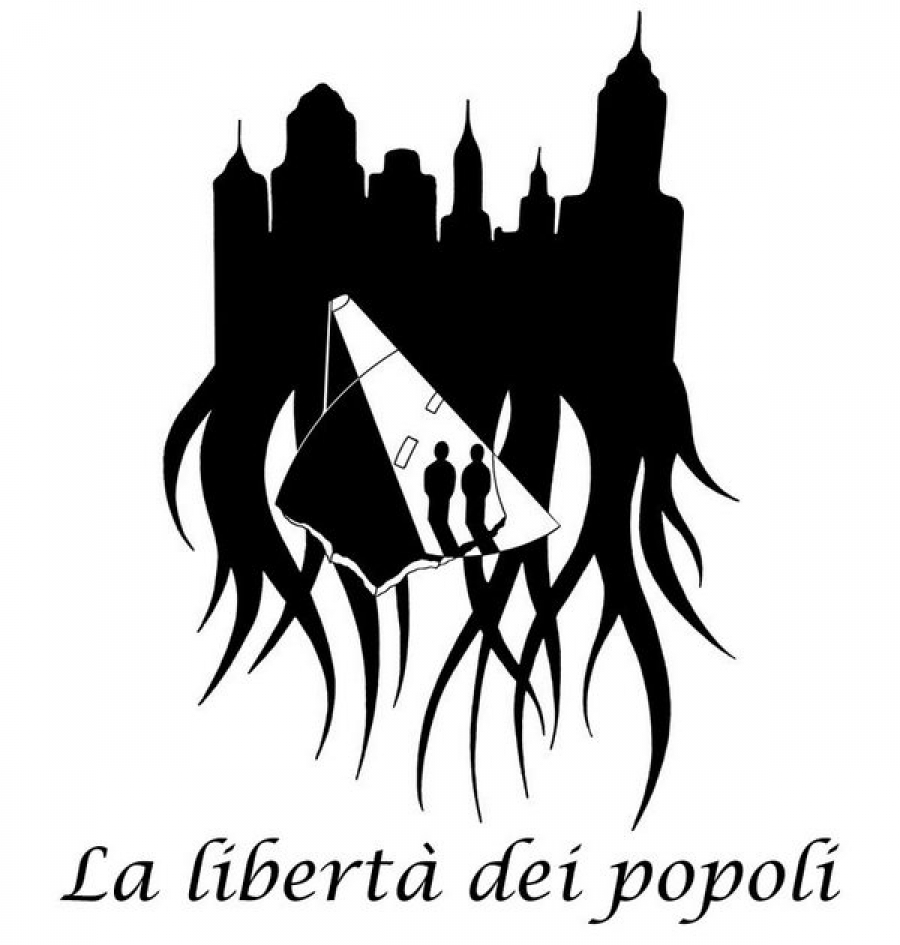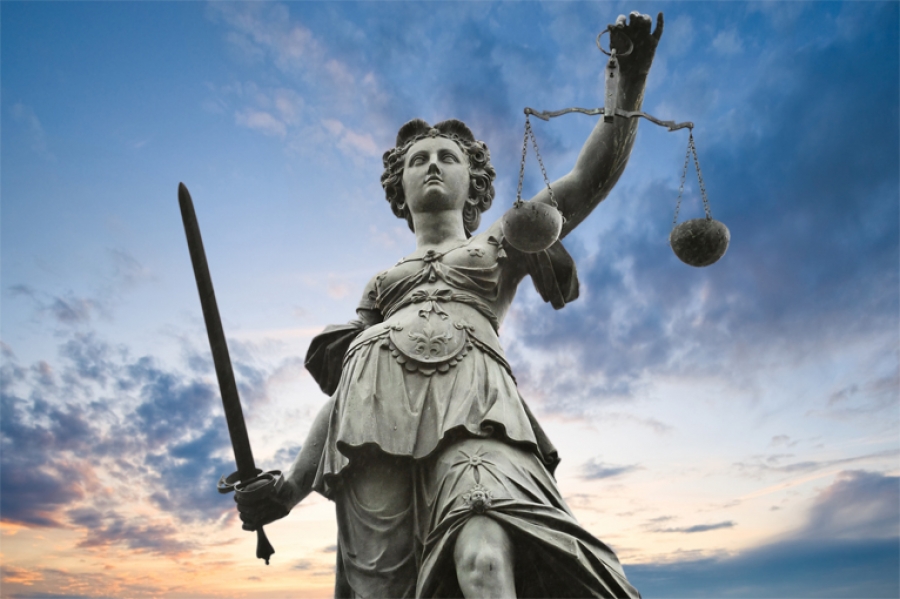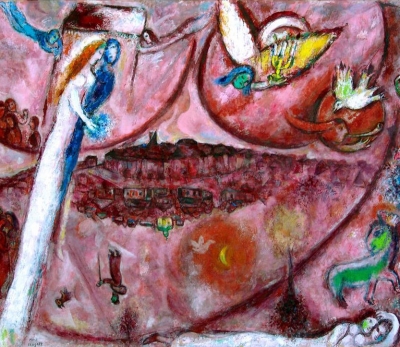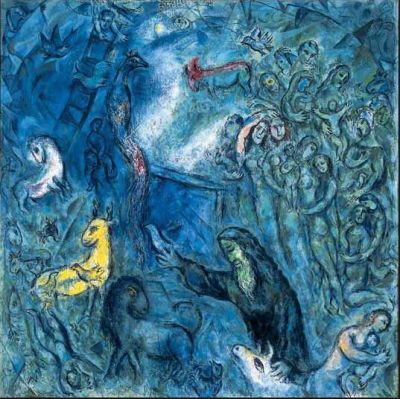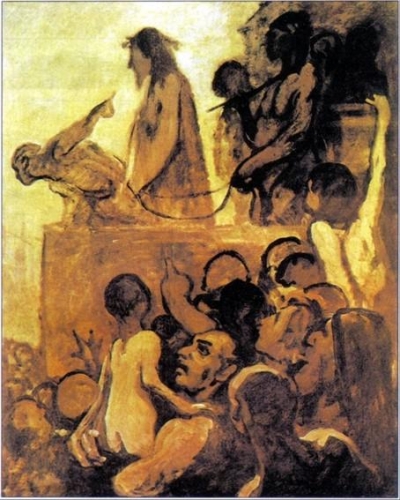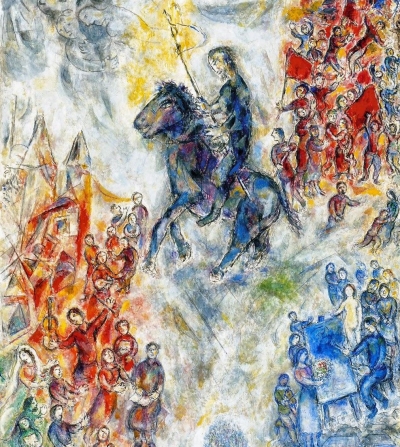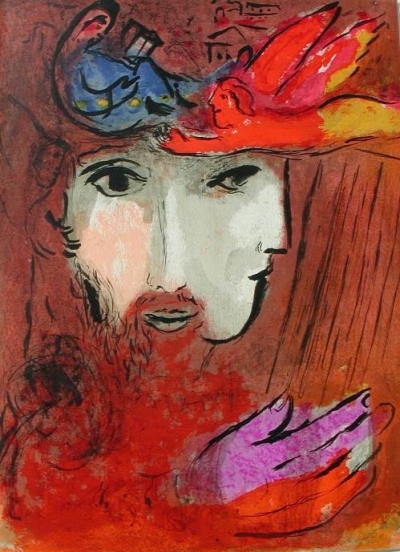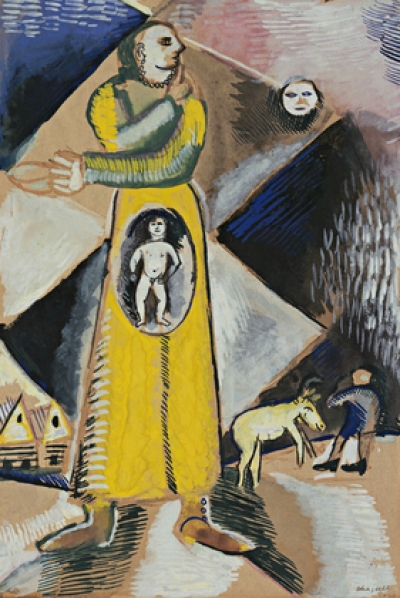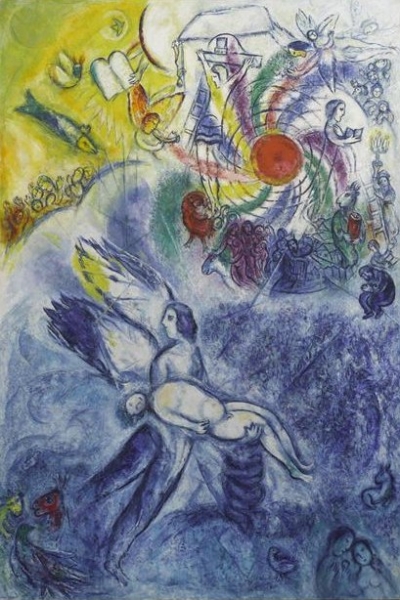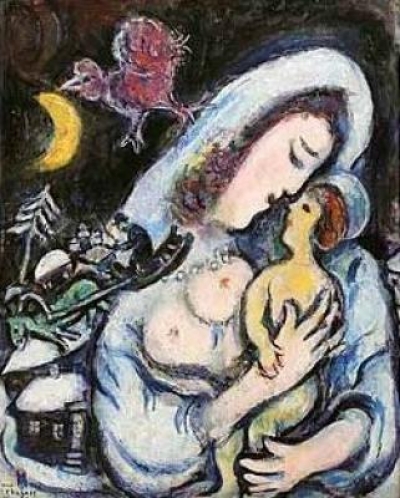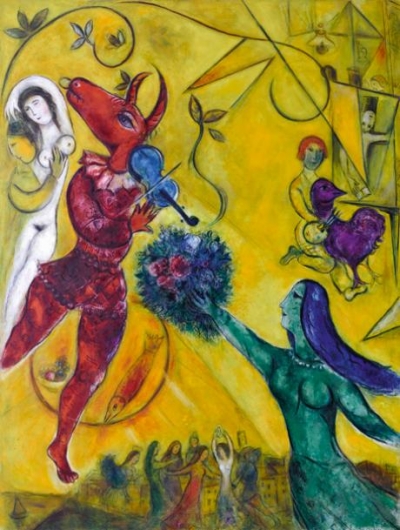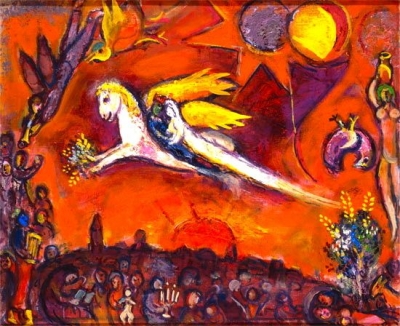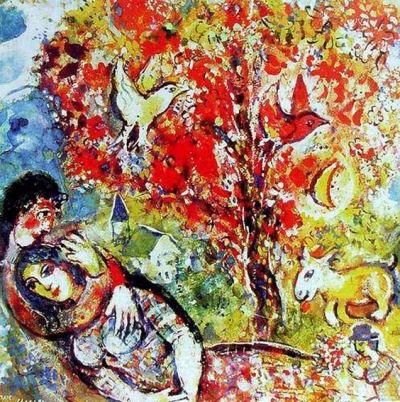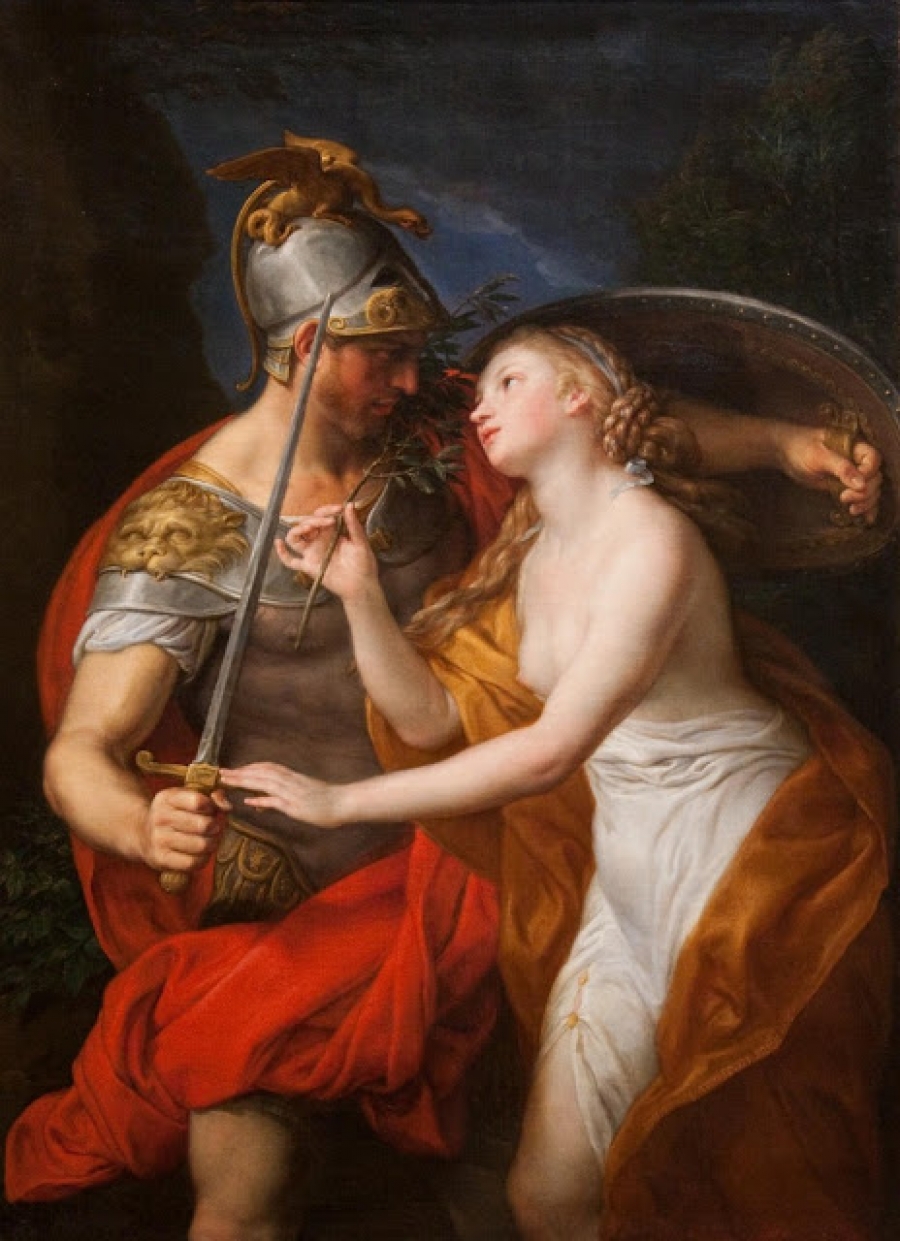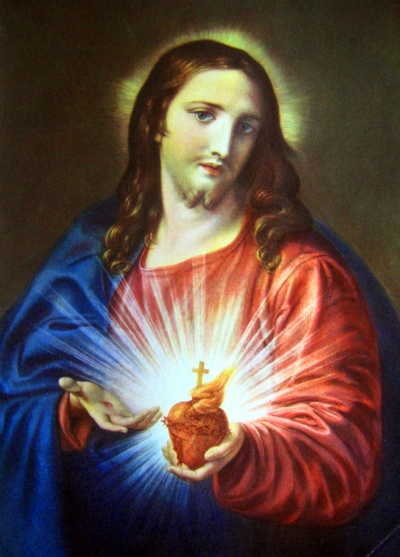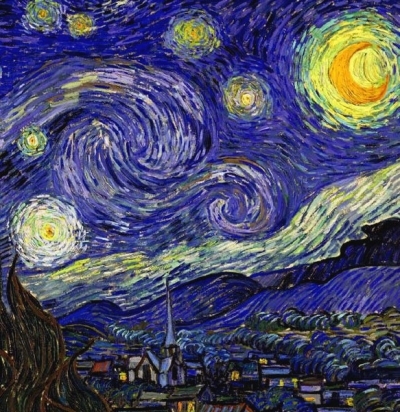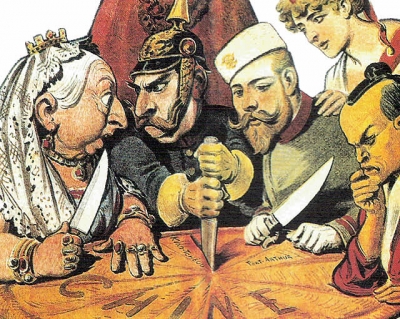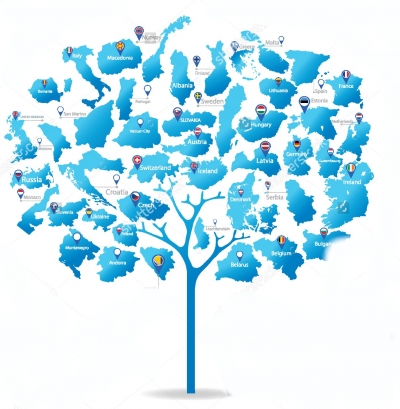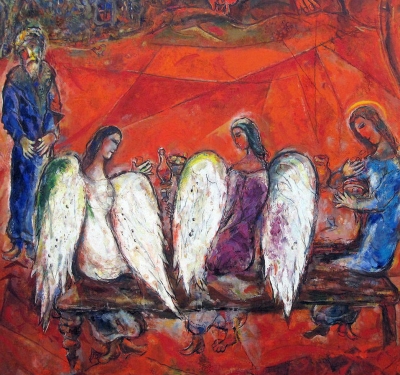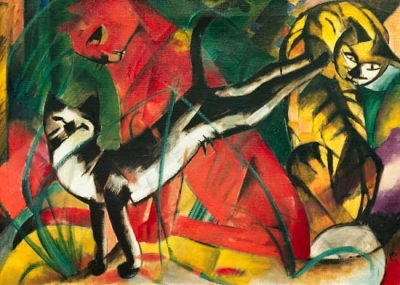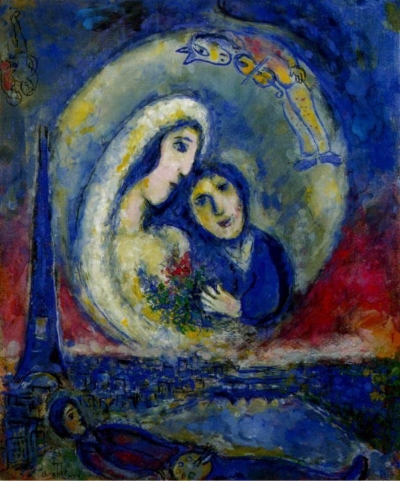Children were not supposed to experience violence, being defensible, in love of the principle of ”non-violence" professed by the fathers.
In this way, the little ones, the weak, defenceless, the old one would have suffered violence, “not doing violence to violent", which would not have been certain be the principle of, which would have been even more destructive in the same “force" that would exert on the transgressors, as non violence responds to rationality, to truth, that is at the service of love respecting the weaker, friend or foe, and it is not idolatry to a principle that sacrificing the community and kids and themselves.
Gandhi also argued in favour of euthanasia, which, according to him, matched with the rule of “non-violence" as extreme means to abolish violence of an incurable pain.
However everyone tries to see what he thinks or is used to think or do not to see what bothers him, and avoid telling him or teaching him otherwise.
All this is an important part of the thought of Gandhi, whether you like it or not.
As we often see, beyond the truth of the matter, we attribute to others what we would like others to be.
Not only had Gandhi a vision of ethics-individual, but also social, ethical and economical- - political.
Because of this, like all the greatest he was killed, he was not killed as it is told by a “mad Muslims", his was a political assassination (reminiscent of Kennedy).
Gandhi was a dangerous obstacle to the policy of the Congress Party headed by Neru; he was an obstacle (as in Italy Moro in the '70s) for the interests of international capitalism.
Gandhi never wanted to the partition of India between Muslims and Hindus with the immediate retreat of the British.
Everyone thinks as he wishes, and tries to answer these questions, Buddha, Gandhi and Jesus attempted to respond wisely to the question of non-violence to themselves and to others, we have to do this too, without closing our eyes to the facts.









